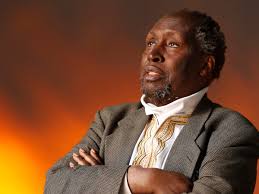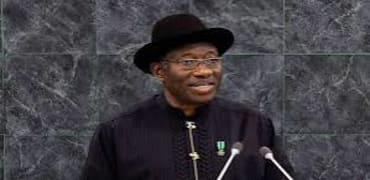Ngũgĩ wa Thiong’o, Iconic Kenyan Author and Activist, Dies at 87
Ngũgĩ wa Thiong’o, Iconic Kenyan Author and Activist, Dies at 87
By Achimi muktar
The African continent and the world of literature are in mourning following the death of one of its most influential voices — Ngũgĩ wa Thiong’o, the iconic Kenyan writer, academic, and activist. He passed away on Wednesday at the age of 87, leaving behind a legacy that will echo through generations of readers, thinkers, and freedom fighters.
His family announced the sad news in a heartfelt statement, describing a man who “lived a full life and fought a good fight.”
For many, Ngũgĩ was more than just a writer — he was a fierce voice against colonialism, a literary revolutionary who traded the Queen’s English for his native Gikuyu in protest, and a beacon of intellectual resistance in post-colonial Africa.
His daughter, Wanjiku wa Ngugi, took to Facebook to share the news with a mixture of pride and grief. “It is with a heavy heart that we announce the passing of our dad, Ngũgĩ wa Thiong’o,” she wrote. “As was his last wish, let’s celebrate his life and his work. Rîa ratha na rîa thŭa. Tŭrî aira!” — a Gikuyu expression that translates loosely to, “With joy and sorrow. We are proud.”
Details of the literary giant’s burial and celebration of life will be shared in the coming days by the family’s spokesperson, Nducu Wa Ngugi.
Born in 1938 during the height of British colonial rule, Ngũgĩ wa Thiong’o rose to international fame with novels like Weep Not, Child, A Grain of Wheat, and Petals of Blood, books that explored Kenya’s fight for independence, the betrayals of the post-colonial elite, and the enduring struggle of the common man.
But he didn’t stop at storytelling. Ngũgĩ became a lightning rod for political change, using his platform to critique imperialism and corruption. His decision to abandon English in favor of his native Gikuyu was a radical act of linguistic and cultural defiance that redefined African literature.
In later years, his satirical masterpiece Wizard of the Crow and the ever-relevant Devil on the Cross solidified his position as Africa’s literary conscience — a Marxist thinker, a cultural warrior, and a man unafraid to speak truth to power.
Even in death, Ngũgĩ wa Thiong’o’s voice rings on — bold, unflinching, and unapologetically African.


















